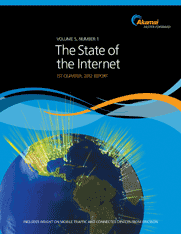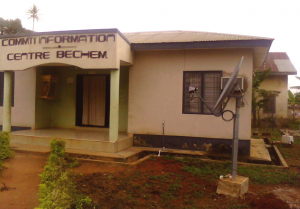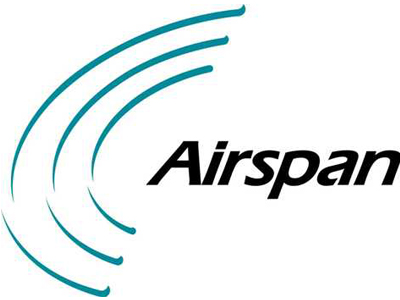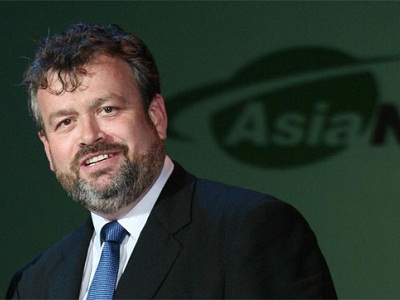
Photo Credit: TheJoyOfTech
Report coming from Namibia indicates that some farmers in the South of the country, especially those farming in the Kalahari, have been cut-off from the rest of the world after Telecom Namibia disconnected their phone lines.
According to the farmers, they have not been able to use their phones since the end of October 2011 as a result of a switch from the old manual system to the WiMaX network which provides voice services, broadband data and high-speed internet access, said the Namibian.
This comes at the time when Vinton G. Cerf, one of the fathers of the Internet widely known for creating the TCP/IP protocol, stirred-up the global information policy environment with his Op-ED piece in the NYT, “Internet access is not a human right.” Vint Cerf argues that technology is an enabler of rights, not a right itself. No doubt, the response to Vint Cerf’s piece has been overwhelming (see The Internet IS a (Human) Right… and Why Did Vint Cerf Say That?).
His statement comes in barely six months after the release of the La Rue’s report of the United Nations which acknowledges that Internet access is a human right. The La Rue report recognized that the Internet has become an indispensable tool for realizing a range of human rights, and ensuring universal access to the Internet should be a priority for all states.
Digital Divide and Human Right
Another piece that came out this week in response to Vint Cerf’s piece is Tales of the Chinese Railway: The Digital 1%, Vint Cerf’s Internet as a Human Right (Not), the Digital Divide and Effective Use that brought in the issue of Digital Divide. While the Chinese government had good intentions to use the Internet – an online ticketing system, to curb long lines at stations and prevent scalpers from selling tickets in the black market, it is rather resulting in access gap.
These two examples from Namibia and China clearly demonstrate the challenge with the issue of “Access to the Internet” and “Human Rights.” What will be the value of connecting rural communities with ICT infrastructure if the people can’t access it? Can the tool (Internet) enable or empower the people if they can’t use it? Nations or States can ensure that the tools are available – 3G, 4G and LTE technologies in remote communities such as these Namibian communities, but without the financial capability of the people to use the services and applications that go with the infrastructure, the tools may be useless.
The dimensions of the digital divide (inequalities between groups) include social, economic, and democratic accessibility or access to, use of, and knowledge of ICTs. As claimed by the farmers, affordability is the main barrier, preventing them to connect to the new Telecom broadband service. The farmers claim Telecom Namibia compelled them to subscribe to its new WiMAX phone packages or to be left without a phone service.

Photo Credit: Flickr
Responding to the farmers’ complaints, Telecom Namibia’s Head of Public Relations, Oiva Angula, said the company had to upgrade its network because the old system had become obsolete and was not financially viable. “We calculate our cost to the customers based on what we pay to provide services,” Angula reacted to the farmers’ affordability claims and said Telecom had reviewed the rental fees following complaints about affordability.
While the old system cost farmers N$91 a month, Telecom had initially offered a three-year contract at a monthly basic rental of N$1 755. Angula stated that customers can now subscribe to a special WiMax package offering voice services and Internet access for a monthly rental of N$199, and the faster WiMaX broadband for a monthly fee of N$349.
The Head of Public Relations said about 44 farmers were affected by the network switch but he could not say how many farmers have been connected to the WiMaX network. “Only a few are resisting, customers must understand the situation that the telecom industry is moving fast, and we must keep pace,” he remarked.
So the question remains, whether access to the Internet and its associated services is a human right or not, even in the remotest communities of Namibia. I believe that ensuring universal access to the Internet for all individuals worldwide needs to be well-understood in its totality. It goes beyond the provision of the infrastructure to promoting or facilitating the right to available, accessible and affordable content to all. In this case, while the upgrade for new services (voice services, broadband data and high-speed internet access) for the Telecom Namibia customers is necessary, care must be taken so that it is not at the expense of other basic services (telephone) for people at the bottom of the pyramid. And when it comes to human right issues, it does not matter how many people are involved – whether is an individual farmer or 44 farmers.


 In April 2012, President Obama announced the creation of the
In April 2012, President Obama announced the creation of the 











































